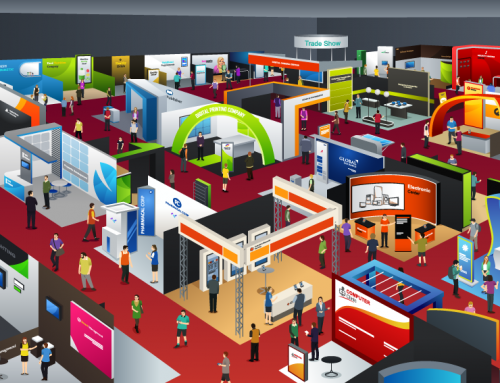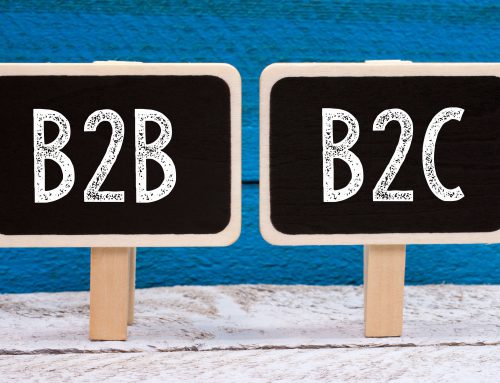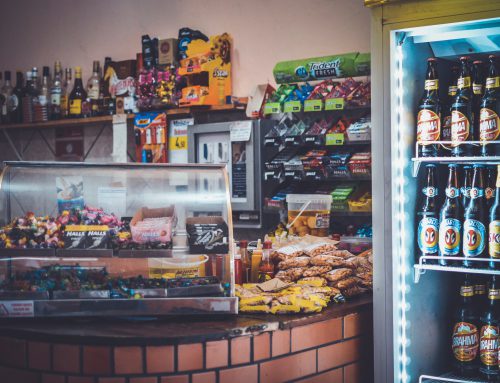Wholesale vs Retail: What’s What
Let’s begin with simple definitions since not everyone knows the difference between wholesale vs retail. Wholesale is selling items in bulk quantities, while retail is selling in small quantities. Think of it this way … you walk into your favorite department store, you see a few shirts you like and decide to buy them, that’s retail. However, your favorite department store needs to have hundreds of the shirt that you liked in stock, and so they buy it in large quantities to be safe which is where they use a wholesaler.
The supply chain works from the manufacturer, to the wholesaler, to the retailer, to finally you the customer. But here we will only be focusing on the wholesalers and retailers.
Wholesale
As mentioned above, wholesale is selling bulk quantities to retailers for low prices. Wholesalers purchase products from distributors in extremely large quantities, they then split the bulk into smaller (yet still large quantities). Many distributors offer wholesalers discounts if they purchase a specific number of items in a bulk. Once the bulk is split and repacked they are then resold to retailers.
Wholesalers are not required to make their location nice and eye-appealing – they need to be concerned about the size of the warehouse to be able to store all of the products. They then resell to their customers, typically retailers, who then go and resell to consumers. Wholesalers can buy a large range of items from distributors such as bicycles, furniture, IT equipment, food, and much more. Some wholesalers will specify in an industry of reselling certain items like clothing, IT equipment, or food.
Wholesalers give emphasis to the quantity of the goods they are selling, not the quality. They also do not need to spend money on marketing or advertising, compared to retailers which allows them to focus their money in other areas such as the large amount of overhead. Wholesalers also sell their items at a lower price to retailers not only because they sell in bulk, but also because of a lower profit margin.
Retail
Retail is selling goods to consumers in smaller amounts. Retailers are known to be the middleman between wholesalers and end consumers. They consist of small and large for-profit companies such as a Nordstrom or the nice boutique at the end of the street. These companies need wholesalers to receive their goods because manufacturers will not directly sell their products to a retailer.
The prices from wholesale to retail vary drastically. Retail has much higher prices than wholesale for many different reasons. One of the reasons for this is because of advertising and marketing. Retail prices are also higher due to the fact that they often include overhead expenses such as electricity, rent, and workers salary in their price tags.
Because the retail industry is highly competitive it is necessary that the company be familiar with multiple kinds of customers. To stay in consumers minds retailers must think of the shop location, design and layout, displayed goods, and quality of products. Retailers give emphasis on the quality of the goods they are selling to you, not the quantity. They showcase the best items and do not display – and often don’t sell – the damaged goods. Retailers need to focus on selling to all different consumers so they will have a completely different mindset of selling from their seller, the wholesaler.
In the End
We as consumers don’t receive products directly from manufacturers. There are many channels in the supply chain that products go through before reaching us. We here at Mobisoft hope this helped you to better understand the differences between wholesalers and retailers, and how these two parts of the supply chain tie together.








Leave A Comment